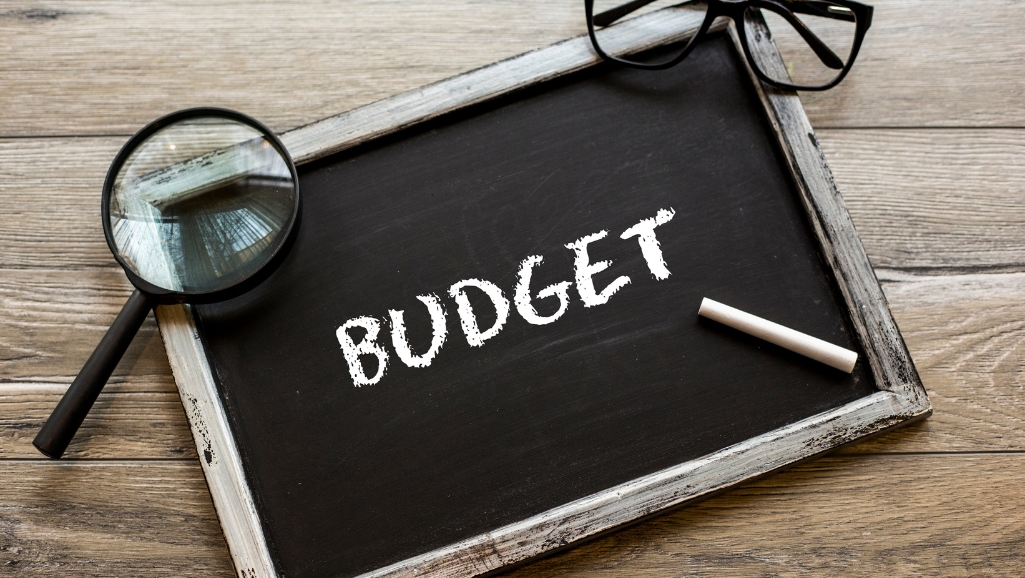The art of budgeting is an essential skill for managing personal finances effectively. A budget serves as a roadmap and helps you make informed decisions about spending, saving and investing. By creating and sticking to a budget, you gain control over your money and work towards your financial goals. We will explore the art of budgeting in this blog.

Here are the 6 Expert Tips for Mastering the Art of Budgeting:
The tips below will guide you in creating a budget tailored to your needs.
1. Assess Income and Expenses:
The first step is to create a budget to assess income and expenses.
- Start by calculating total monthly income from all sources, such as salary, freelance earnings, interest income and any additional sources of income.
- The next step is to track the monthly expenses for 2-3 months to understand your spending pattern.
- Categorize your expenses into fixed (rent, electricity, phone and internet bills, loan payments) and variable (groceries, entertainment, dining out).
- This step will give a clear picture of your spending patterns and highlight areas where you can save money.
2. Outline your Financial Goals:
The next step is to set clear and written targets for your financial goals to provide a roadmap for your financial journey.
- Short-term goals may include building an emergency fund, paying off loans, or saving for a foreign vacation. In contrast, long-term goals may involve buying a home, saving for retirement, or educating children.
- Determine the time period left and the money needed for each goal, allowing you to allocate the necessary funds in your budget.
- As you grow, your goals will guide your budgeting decisions and motivate you to stay on track.
3. Create a Realistic Budget:
Create a realistic budget based on your income, expenses, and financial goals.
- Start by allocating funds for your fixed expenses, ensuring they are covered first.
- Then, allocate money for your variable expenses, considering certain categories may require more flexibility.
- Allocate a portion of your income towards savings and investments.
- Aim to balance meeting your needs and wants while maintaining a healthy financial position.
- Consider using budgeting apps or spreadsheets to track your budget and make adjustments as necessary.
4. Identify Areas to Cut Back:
To create room in your budget, identify areas where you can cut back on expenses.
- Look for discretionary spending that can be reduced, such as eating out less frequently or finding cost-effective alternatives for entertainment.
- Analyze your fixed expenses to see if there are opportunities to negotiate better rates or switch to more affordable options.
- Review your subscription services and memberships, cancelling those you no longer use or find valuable.
- Be mindful of impulsive buying habits and prioritise needs over wants.
- Reducing unnecessary expenses allows you to allocate more funds towards your financial goals.
5. Track and Review Your Progress:
Consistently track your expenses and compare them to your budget.
- This helps you stay accountable and make adjustments when needed.
- Regularly review your progress towards the financial goals and celebrate milestones.
- If you consistently overspend in certain categories, consider adjusting your budget or finding ways to exercise better self-control.
- Make budgeting a part of your routine, dedicating time each month to review and update your budget.
- You can download any app on Google Play Store or Apple Store to track your expenses.
6. Seek Support and Stay Motivated:
Budgeting can be challenging, especially when faced with unexpected expenses or temptations to overspend.
- Seek support from friends, family or online communities that share your financial goals.
- Engage in discussions, seek advice and share your achievements.
- Additionally, stay motivated by visualizing the positive impact of budgeting on your financial well-being.
- Reflect on your progress, remember your goals and maintain a positive mindset.
Final Words:
Creating and sticking to a budget is an art that can significantly impact your financial health. By assessing income and expenses, setting financial goals, creating a realistic budget, cutting back on expenses, tracking your progress and seeking support, you can master the art of budgeting. Remember, budgeting is not about restriction but about making conscious choices that align with your priorities. With discipline and perseverance, you can achieve financial stability, reduce stress, and work towards a brighter financial future.
